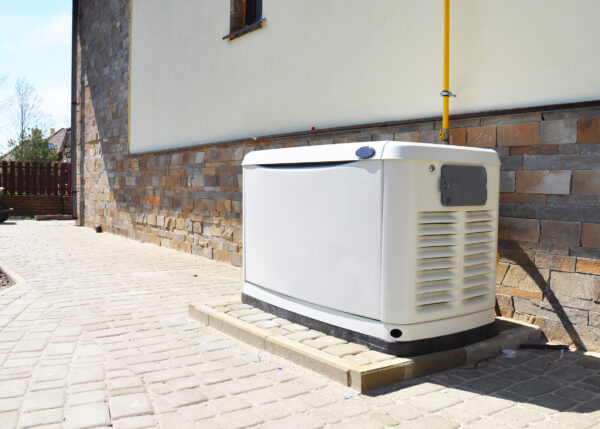
Are you wondering what it takes to be licensed as a professional electrician? Interested in learning more about the process of study, apprenticeship, application, and examination that every electrician must complete? Keep reading! In today’s blog post, the electricians at CMC Service Experts will talk about the process of becoming licensed electricians. You’ll learn how much time, work, education, and dedication it takes to earn your electrician credentials here in the state of North Carolina.
The short answer: We got years of experience as an apprentice, we submitted an application to the state, we passed the qualifying exams, and we complete our yearly continuing education and license renewal. Continue reading below for further details about each piece of the process.
1. Get Experience with Electrical Work
Applying for your NC electrician license requires a minimum of four years of qualifying experience, including at least two of which should be so-called “primary experience”. More on types of experience later. Simply put, we all had to show the state that we completed at least 2,000 hours of qualified electrical work to equal one year of experience. That means we’ve been on the job more than 8,000 hours before we can even apply for a “limited” license, the most basic electrician classification.
Age, Education, & Initial Qualifications
Before gaining any experience, we first had to get a high school diploma or GED as well as a valid driver’s’ license, clear immigration status, and a proven drug-free background. We also had to be at least 18 years of age before looking for suitable electrical training and apprenticeship programs.
Electrician Schools & Apprenticeships
Getting the required amount of experience requires a certain amount of classroom training as well as direct, on-the-job training. This experience is gained through qualified electrician schooling, either in high school trade courses or at a local technical schools, community colleges, or apprenticeships. In addition to the classroom training, we spent our first four years as an electrician apprentice, gaining on-the-job experience with the expert oversight of experienced, licensed master electricians.
Primary vs. Secondary Experience
At least half of our four years of initial experience must be hands-on installation of electrical wiring and equipment and the directly related work activities. That’s known as “primary experience”. The rest is “secondary experience”, including all the studying, classroom training, and other secondary activities we complete as part of our schooling and apprenticeship.
2. Submit an Application to the State
After gaining the required amount of experience with electrical work, the next step is to submit an application to the NC State Board of Examiners of Electrical Contractors (NCBEEC). This application includes documentation of the experience we gained as well as proof of meeting all application requirements. The application also requires at least two written statements from people who can attest to your good character.
Along with the application, we also had to submit our examination fee to the state. Once the NCBEEC accepts our application and fee, we received a notice of examination eligibility, which is valid for 90 days after approval. We then scheduled our qualifying examination any time during that period to avoid further fees and additional waiting.
3. Pass the Qualifying Exam
Whether you’re trying to get your first “limited” license or a special classification for a specific branch of electrical contracting, you’ll have to pass the qualifying examination to prove your knowledge. The basic qualifying examination for your first “limited” electrician license in North Carolina is a 100-question test that can take as much as 6 hours to complete.
These exams cover topics ranging from NC state electrical codes, U.S. National Electrical Code (NEC), as well as various aspects of business, law, and project management practices related to electrical contracting, and other related topics.
4. Ongoing License Renewal & Continuing Education
After passing the qualifying exam, we’re issued our electrician license, and we’re ready to work as a professional electrician. All electrician licenses issued by the State of NC are valid for 1 year after the issue date, at which point they expire. This means we have to renew our licenses once per year to stay current.
License renewal includes a small fee and proof of completing approved continuing education courses totaling 8 hours per year for most license classifications. This continuing education ensures we’re keeping up with the latest advances and developments in the electrician profession, including codes, laws, technology, equipment, techniques, and more.
The entire process is carefully designed to ensure only qualified, experienced, and high-character professionals are able to work on your home’s electrical wiring, panels, and equipment. It keeps you safe and ensures you always get the best quality work!






